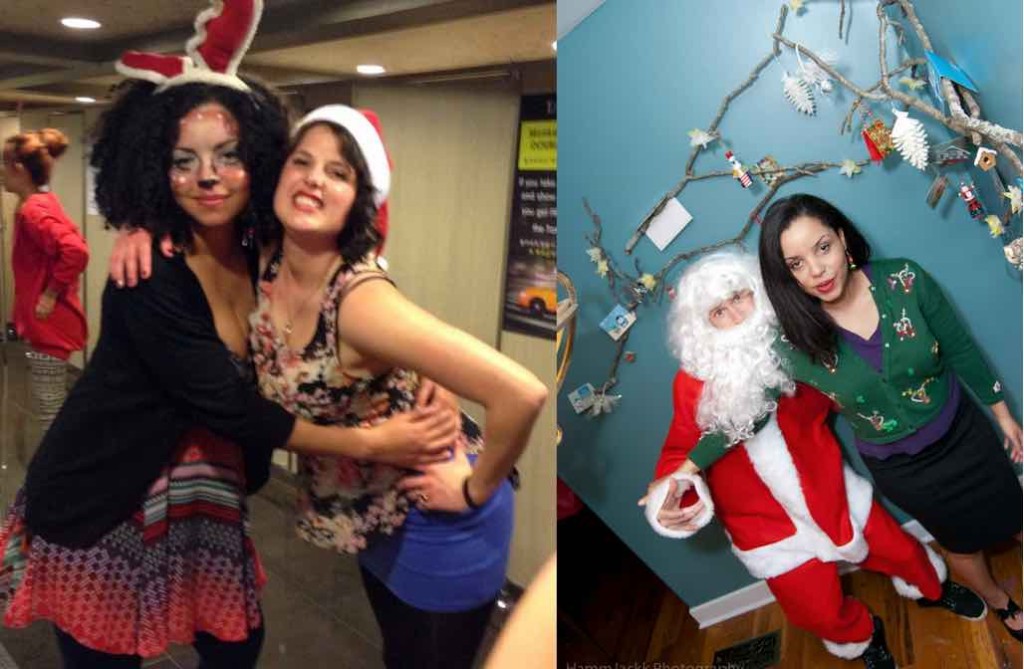Growing up I learned to hate my afro hair. I was the only one in my family with course African hair texture. Although there were others in our Hispanic neighborhood with course hair and dark skin, my mother with straight silky hair made it seem like a problem. She would take me to the Dominican hair salons, of which a few of the stylist shared my hair texture, to get it straighten. I remember the first time my hair was straightened. At about 7 years old, it was a traumatic experience. I cried the entire time. I remember feeling like the reflection of this new Jeanette with straight hair was no longer me. Although I preferred my natural hair, I wore it straight all the way until college. That’s when I was no longer living at home and could do what I wanted. I decided to wear it natural as a purposeful statement and out of ease. Many of my white friends loved my hair this way and complimented me on it. However my black and Latino friends, told me I needed to do something with my out of control hair. When I went to visit an aunt in Puerto Rico, she seriously asked what had happened to my long, straight hair and why would I perm it curly. I told her my hair was never naturally straight.
Wearing my hair as a fro caused a lot of confusion about my ethnicity. People, primarily white people, assumed that I was half black or black entirely. When I told them I was Latina, they would say but your hair isn’t. I was also told by a few people that I looked more Latina with straight hair. At first I felt like I had to prove my latin-ness or overcompensate so people wouldn’t confuse me as black. It wasn’t really the labeling me as black that I was upset about but the dismissing my Latina heritage based on my hair texture that bothered me. After all I was born and mainly raised in a predominately Hispanic neighborhood in Miami, lived in Puerto Rico for 6 years and speak, read and write fluent Spanish. It might be easier to just take the black label, but not sharing the same atrocious history that blacks have in America, I almost feel wrong about it. But now when the topic of my hair comes up, I use it as a learning lesson. I inform people about Puerto Rico and the mixing of races that happened during colonization. I also inform of how there is not a strong racial divide in Puerto Rico like there is in the USA. Because one family can have people of different colors and appearance; ranging from super black to white. Take the twin artists that form the group Ibeyi, one twin has afro hair while the other doesn’t. Many Latinas learn that the only role for women is not just to be pretty but to be sexy. An afro isn’t defined as sexy in Latin culture. However, I’ll continue to wear my fro knowing that not one frizzy coil makes me less Latina, if not they tell the story of how Hispanics came about in the first place.








